The furniture industry faces a significant challenge: navigating the demands of sustainability while meeting market needs. As a furniture factory owner, I've seen retailers struggle to differentiate themselves. By shifting to sustainable practices, we can meet consumer expectations and lead the industry toward a cleaner future. Sustainable furniture is not just a trend, but a necessary evolution for the market. It ensures long-lasting quality while respecting the environment. At Starborn Furniture, we believe sustainable practices combined with innovative designs are pivotal for retailers to flourish.
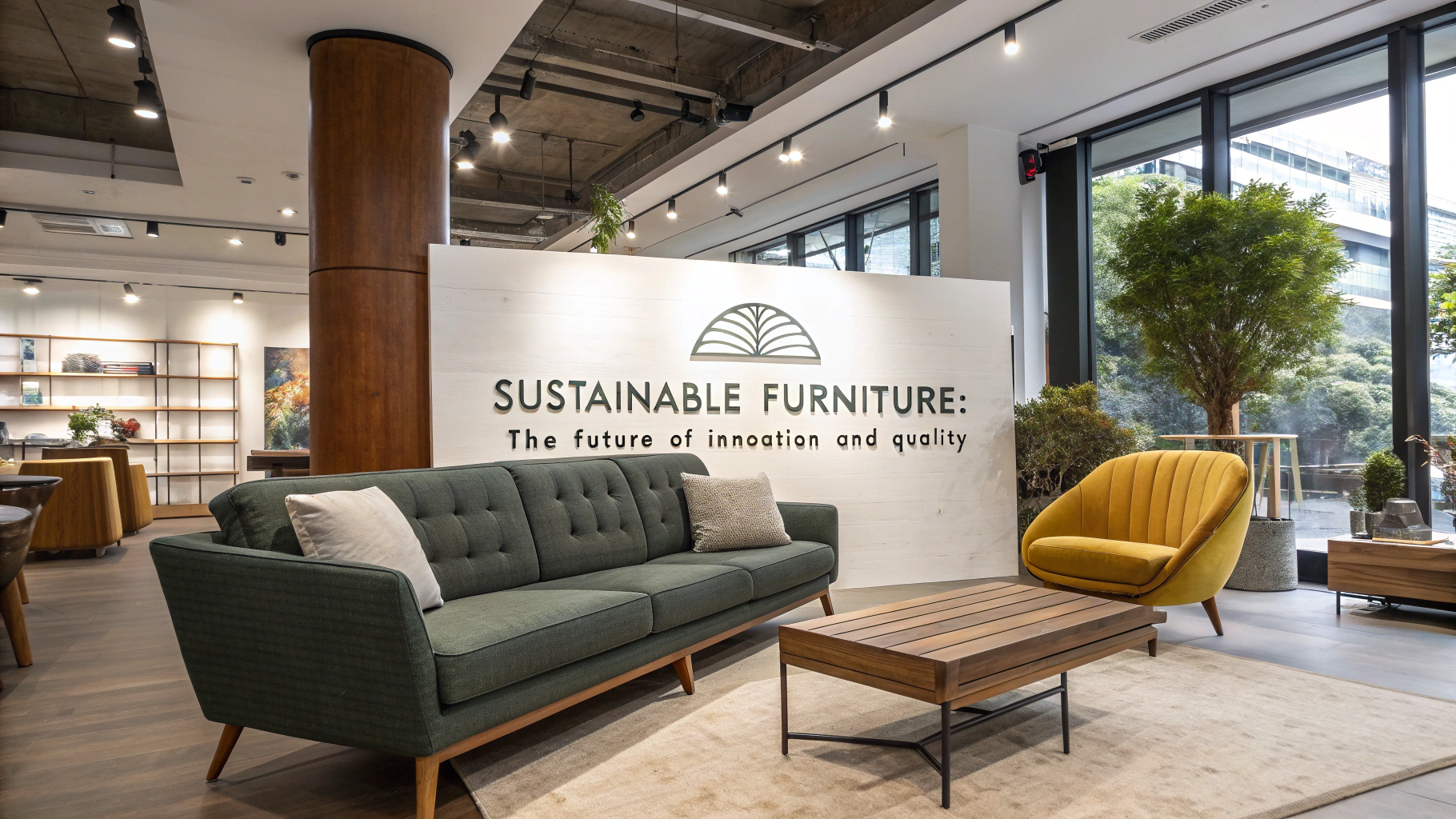
Importance of Quality Certification in Furniture
Quality certification in furniture is vital for building trust with customers and ensuring product reliability. Certifications reassure consumers about the safety and durability of their purchases. In a competitive market, certified quality can be a deciding factor for customers when choosing between brands.
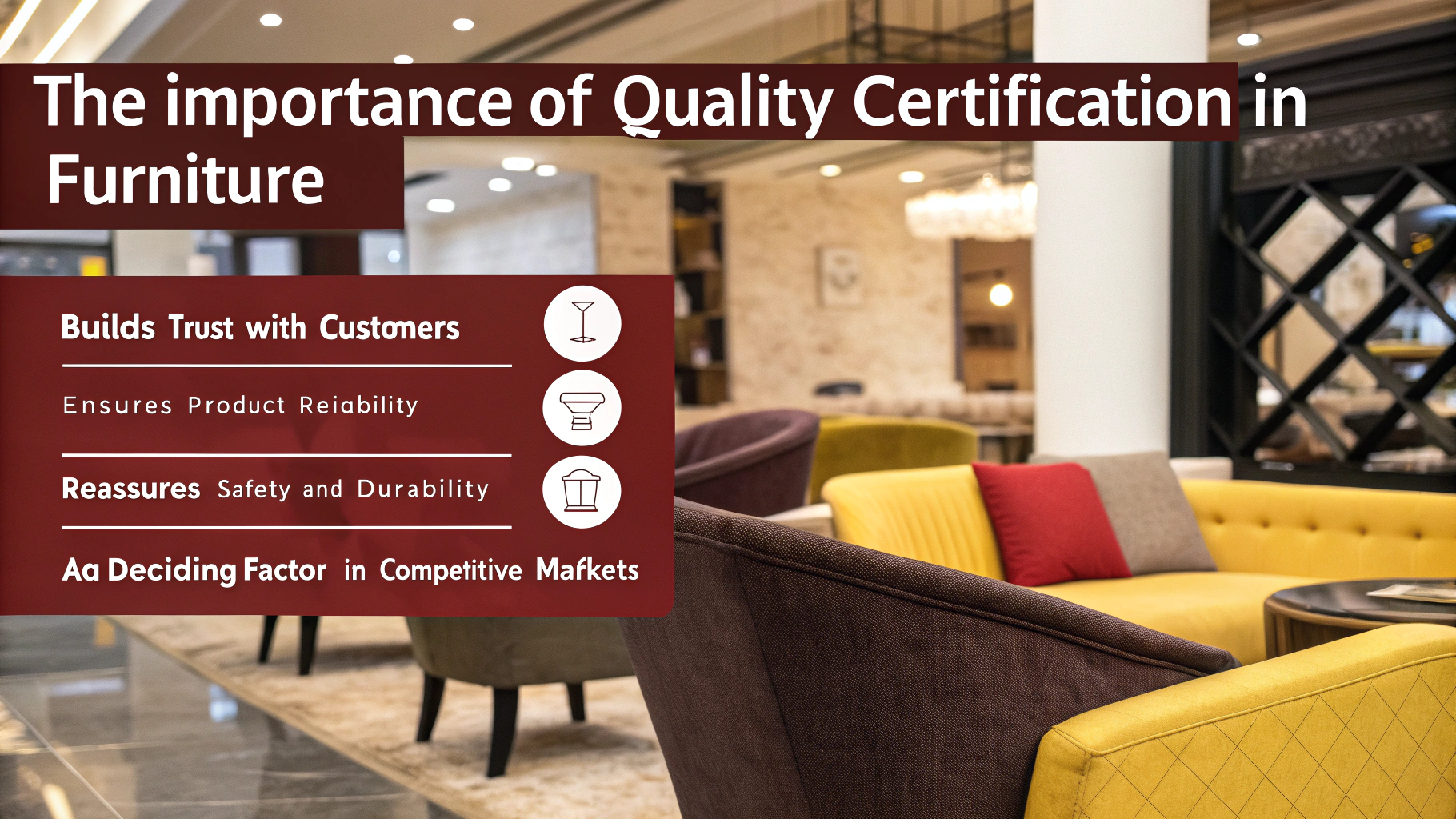
Common Challenges with Industry Certification
In the furniture industry, obtaining and maintaining certifications pose challenges. Many retailers find the certification process costly and time-intensive. Weak industry standards can lead to customer mistrust. Data shows a correlation between poor certification processes and customer dissatisfaction. Understanding these challenges helps address them effectively.
Starborn's Strategies for Quality Certification
At Starborn Furniture, we've developed strategies to simplify quality certifications. We partner with respected accreditation bodies to ensure our products meet high standards. Our proactive approach to certification helps us maintain quality and integrity, providing our partners with products they can trust and rely on.
Customer Success with Quality-Backed Products
A customer success story illustrates the impact of achieving quality-backed certifications. One retailer observed a 20% increase in sales after choosing our certified products. Customers responded positively, appreciating the dependable quality and safety assurances, which the certifications provided. This success exemplifies the benefits of quality dedication.
Enhancing Trust through Supply Chain Transparency
Supply chain transparency is paramount in today’s market. Consumers demand to know the origin of products and the methods used during production. For retailers, this transparency builds trust and enhances brand credibility.
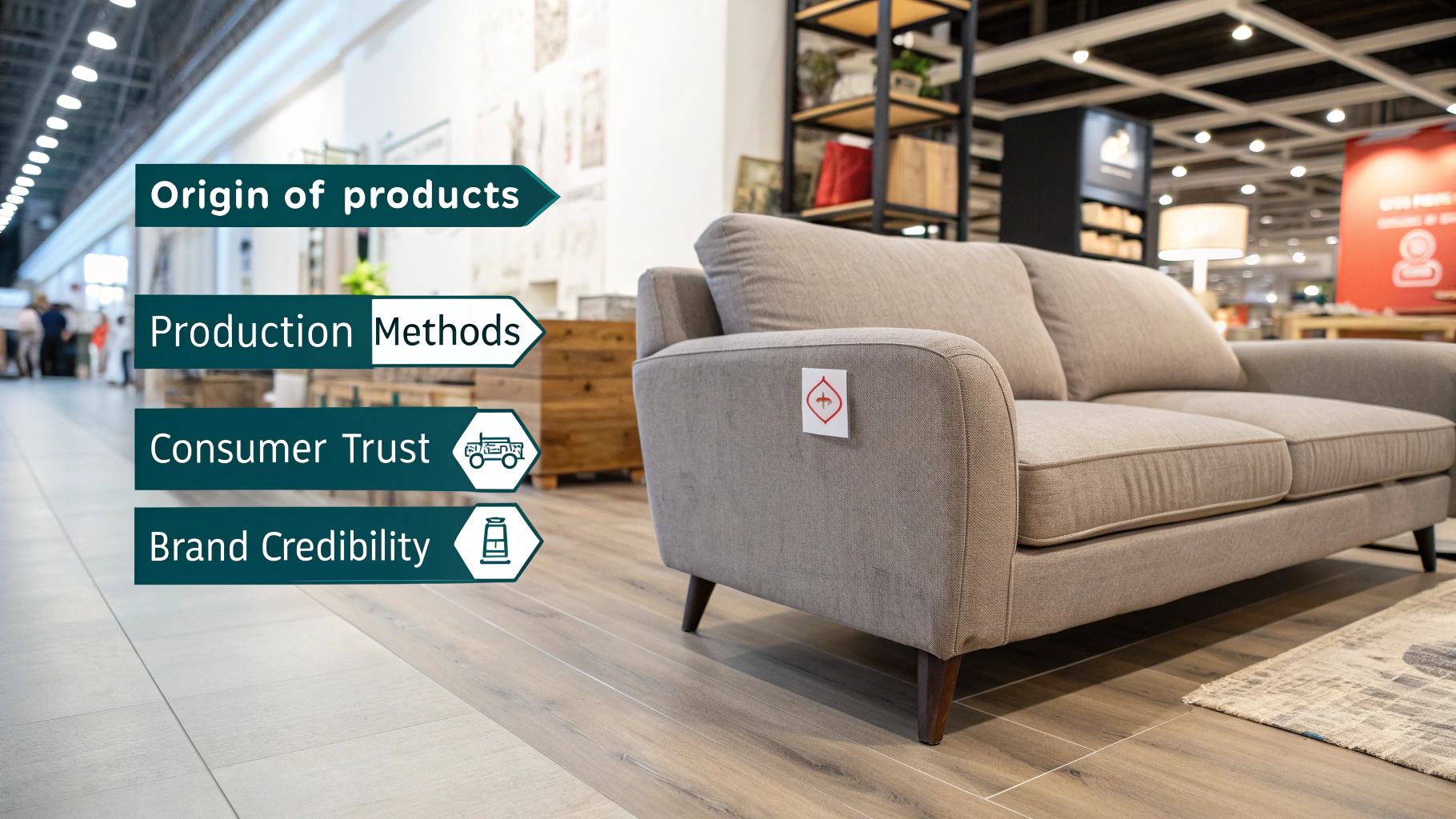
Supply Chain Complexity in Furniture Retail
Furniture retail's supply chain is often complex, leading to various challenges. Retailers face issues like inconsistent quality and unanticipated delays. These problems often result in customer dissatisfaction. Data indicates that poor quality management in supply chains contributes significantly to customer complaints and reduced brand loyalty.
Starborn's Transparent Supply Chain Model
We at Starborn Furniture have addressed these complexities by creating a transparent supply chain model. This model ensures traceability throughout production and straightforward communications about sourcing and labor practices. This transparency bolsters our credibility and nurtures trust across our partner retailers and their consumers.
Impact on Customer Trust and Sales
Trust goes a long way. By implementing a transparent supply chain, Starborn witnessed a remarkable increase in customer trust. This led to higher sales as customers prioritized transparency and ethical practices. A long-time partner saw sales leap by 25%, crediting our transparent practices as a driving force behind this growth.
Flexibility in Production to Meet Market Demands
Adaptability is a critical component of successful furniture production. Retailers need solutions tailored to the ever-changing tastes and requirements of customers in diverse markets.
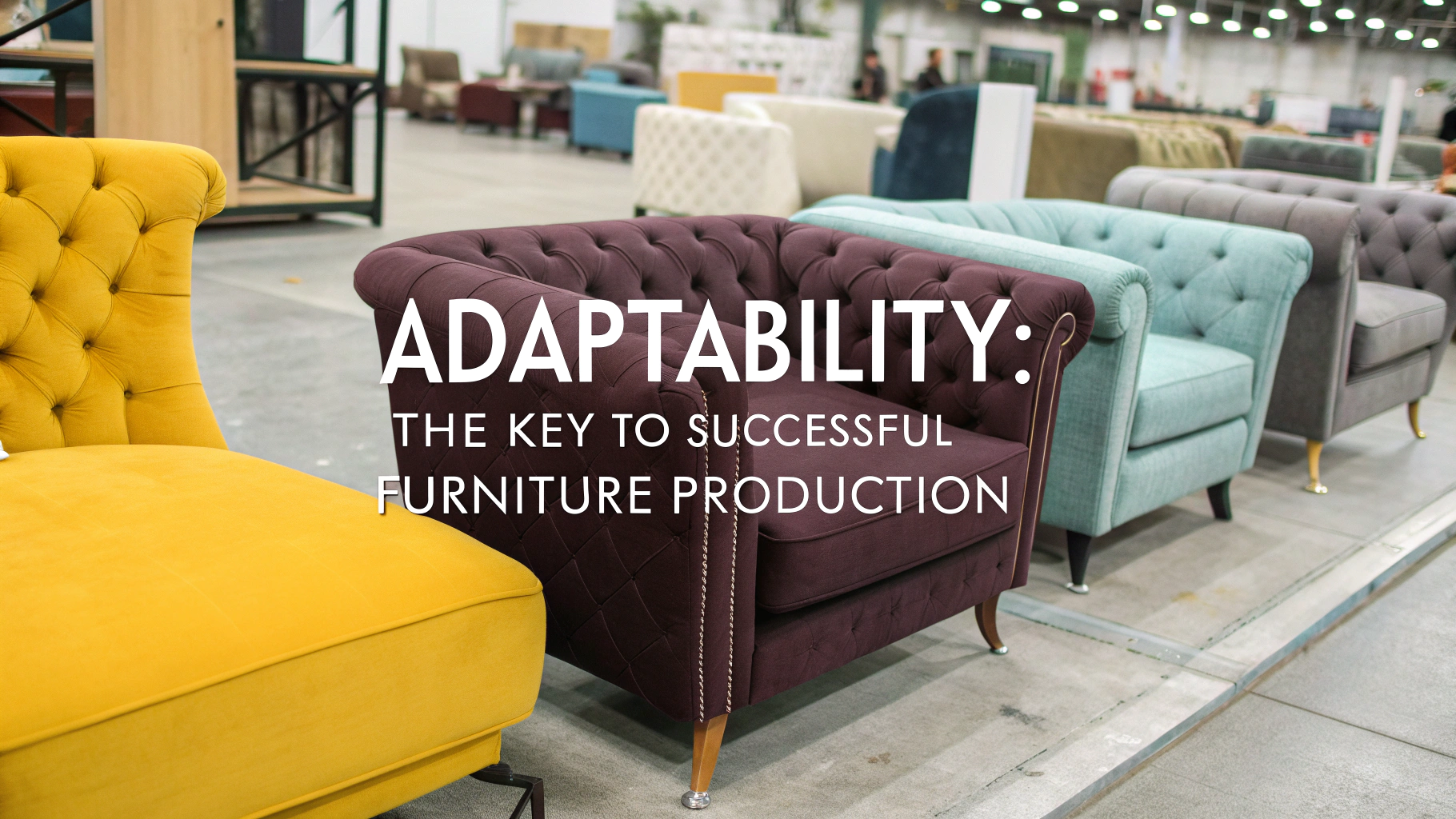
Limitations in Standard Furniture Production
Standard furniture production often lacks the flexibility to address customer demands. This inflexibility can prevent meeting market needs. Retailers frequently cite rigid manufacturing processes as a barrier to offering customized solutions, leading to lost sales opportunities and reduced customer satisfaction.
Adapting Production for Custom Needs
Starborn Furniture recognizes the need for adaptability. Our production model allows for customization, offering a distinct advantage. With our bespoke manufacturing process, retailers can offer unique furniture designs that cater to specific customer preferences, enhancing market competitiveness and customer satisfaction.
Success Story: Customized Solutions for Retailers
A success story highlights the impact of customized production. By collaborating with us, a retailer filled a specific niche in their local market, achieving a 30% growth in sales. The ability to deliver unique products that aligned with consumer desires set the retailer apart from competitors.
Certification Transparency for Retailers and Designers
Retailers and designers often navigate a maze of certifications. Simplifying this process could help stakeholders access the necessary documents efficiently and improve industry standards.
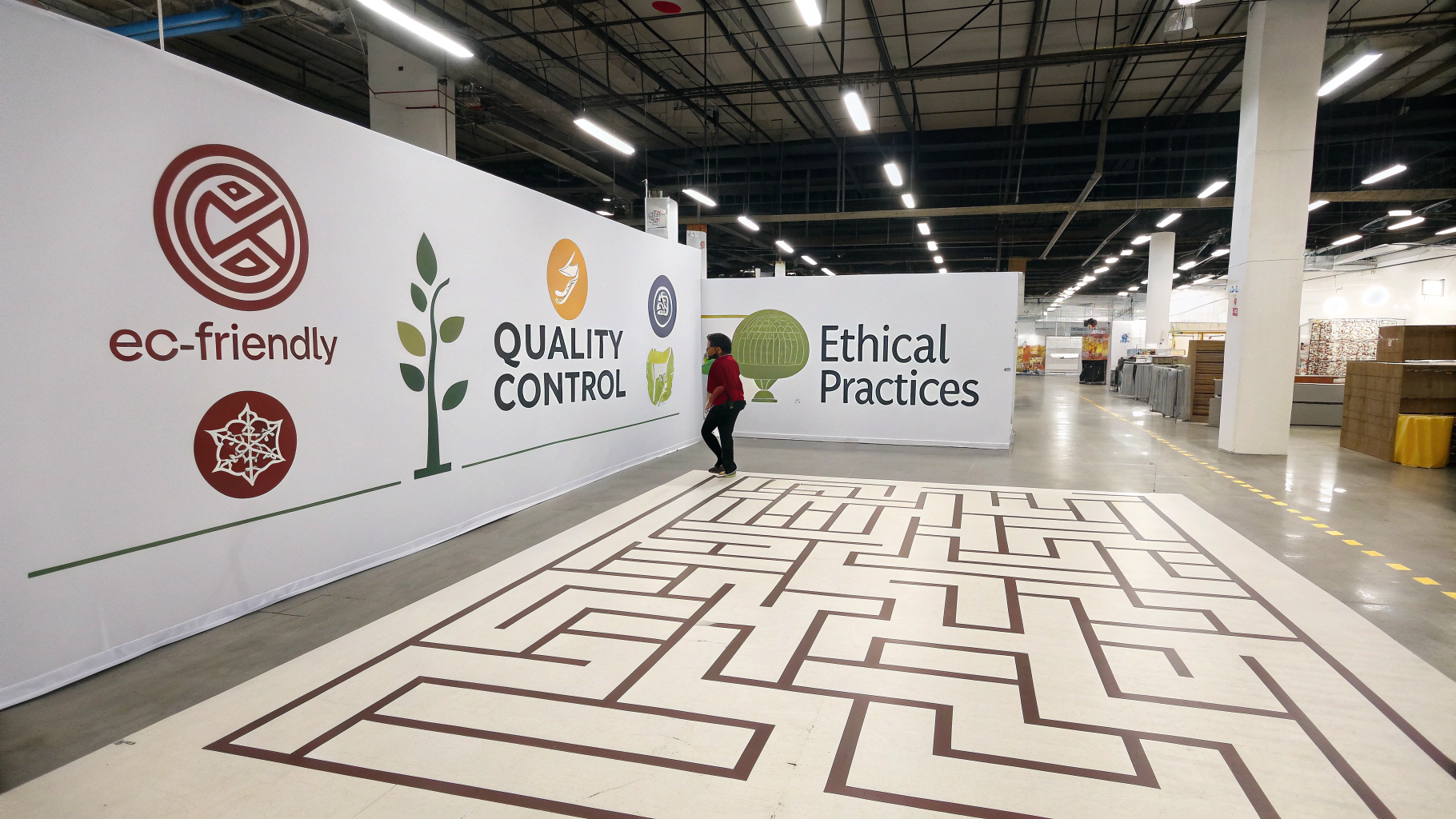
The Certification Maze in Furniture Retail
Certification can often be a complex and confusing process. Retailers and designers face difficulties securing the right certifications, complicating product offerings. This confusion can delay market entry and erode trust between customers and brands. Recognizing this struggle is the first step in overcoming it.
Innovations in Certification Transparency
Starborn has implemented innovations to bring transparency to the certification process. Our digital platform provides easy access to necessary certifications and guides users through the process efficiently. This approach minimizes confusion, enhances clarity, and simplifies compliance for retailers and designers.
Designers' Collaboration on Certified Projects
Our platform also fosters collaboration with designers on certified projects. A designer working with Starborn shared how our certification transparency simplified his work, allowing him to focus on creativity rather than administrative hurdles. Such collaborations enhance product quality and industry standards.
Sustainable Materials and Design Trends
Consumers increasingly demand sustainable materials and innovative design in furniture. Meeting this demand requires embracing sustainability while staying ahead of design trends.
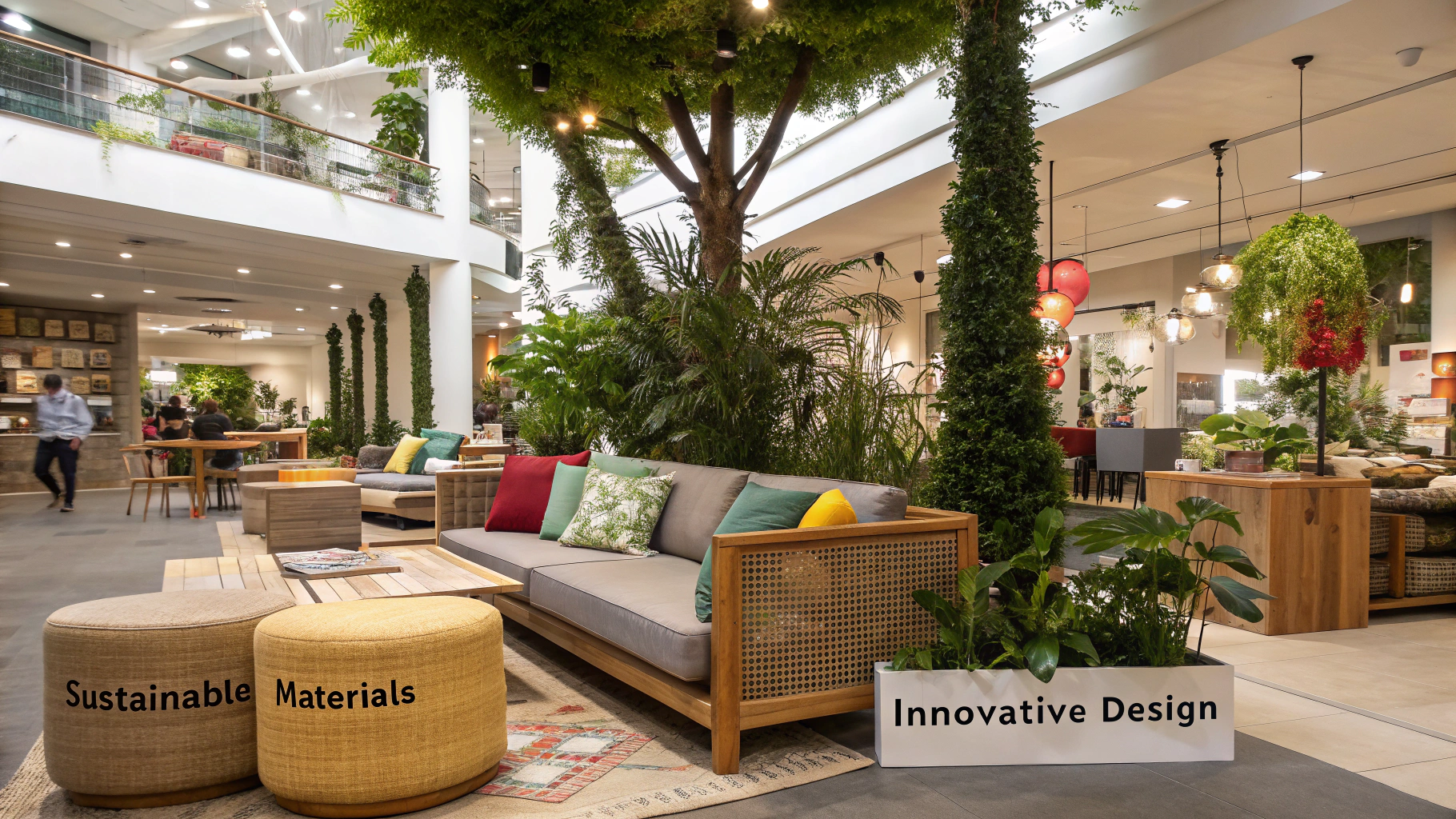
Market Demand for Sustainable Materials
The call for sustainable materials in furniture is loud and clear. Consumers prioritize eco-friendly options, pressing manufacturers to respond. Retailers face the challenge of sourcing sustainable products to meet this demand. Failing to do so risks losing environmentally conscious customers.
Starborn's Sustainable Design Practices
At Starborn Furniture, sustainability is integral to our design ethos. We utilize eco-friendly materials in our products and partner with suppliers who share our values. Our sustainable practices ensure our furniture aligns with consumer expectations, contributing to a cleaner planet and satisfied customers.
Innovative Designer Collaborations on Eco-Designs
Collaborating with forward-thinking designers is key to developing innovative eco-designs. One recent partnership resulted in a line of sustainably sourced products that quickly became top sellers. This success demonstrates how eco-conscious design resonates with consumers and drives retail success.
Ecological Collaboration in Furniture Production
Ecological collaboration is crucial for businesses aiming to excel in the modern market. It's not only about being environmentally friendly but also about fostering partnerships that sustain growth.

Pain Points in Traditional Manufacturing Models
Traditional manufacturing models often miss the mark on sustainability. These models can lead to resource depletion and environmental harm. Retailers report awareness among consumers about these issues, leading to demands for change. Addressing these concerns is essential for industry advancement.
Starborn's Collaborative Platform Advantage
Starborn Furniture offers a platform advantage by encouraging ecological collaboration. By working together with designers, manufacturers, and retailers, our platform facilitates environmentally responsible production. This approach results in efficient resource use, reduced waste, and improved product quality, ultimately benefiting the entire value chain.
Success Story: Ecological Partnerships' Impact on Growth
An ecological partnership between Starborn and a European retailer led to a remarkable impact on growth. The environmentally-focused collaborative efforts resulted in a 15% cost reduction and increased customer engagement. The retailer's market share grew due to their commitment to sustainable furniture solutions.
Cultural Considerations in Sustainable Design
Understanding cultural and aesthetic preferences is vital in furniture design. By incorporating these considerations, retailers can appeal more effectively to diverse markets.
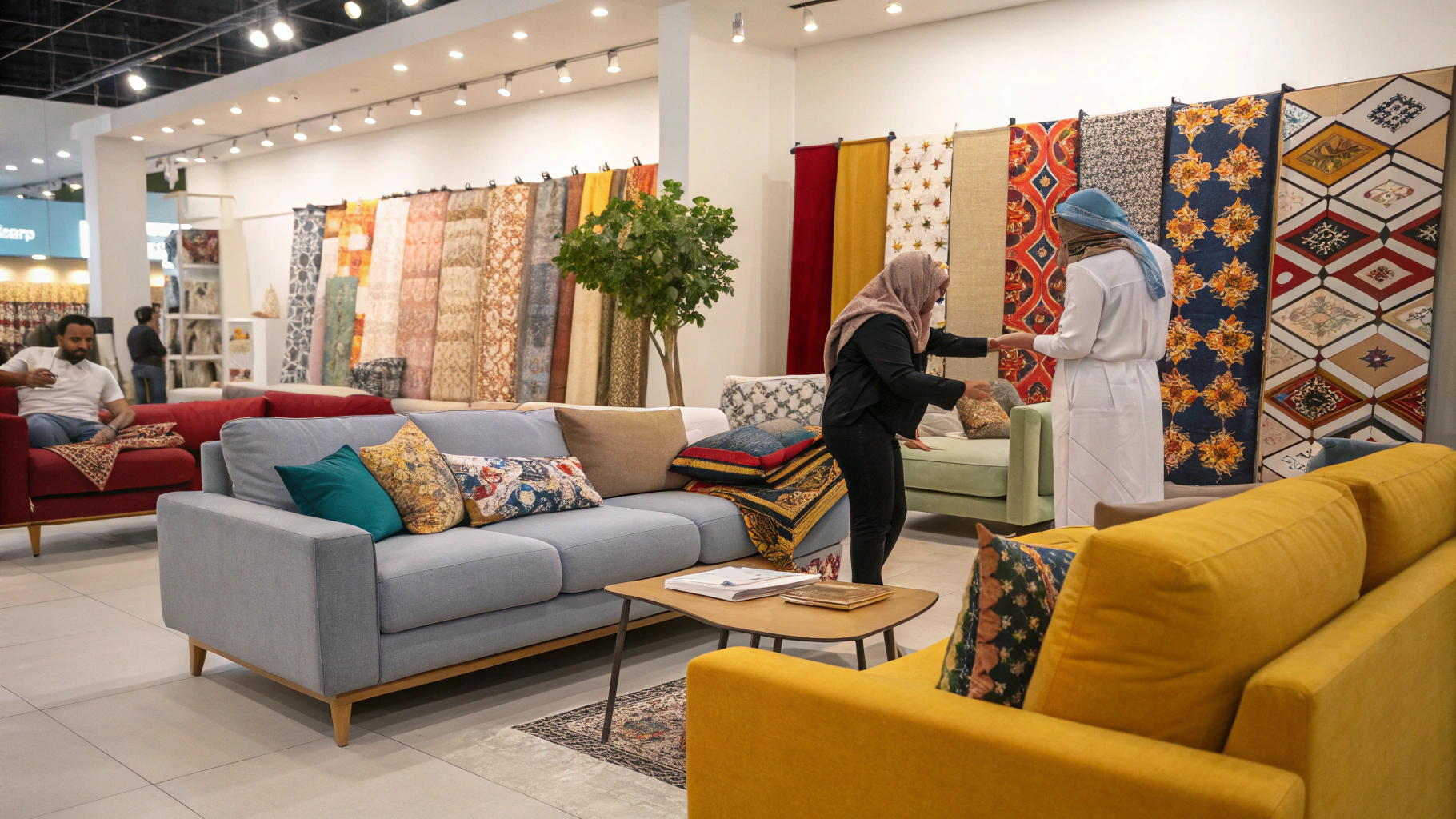
Cultural and Aesthetic Demands in Different Markets
Markets differ in cultural tastes and aesthetic demands. Retailers often face challenges in meeting these diverse preferences, which can hinder their ability to capture market share. Insights into these preferences are vital for successfully catering to international markets.
Designing for Cultural Relevance and Sustainability
Starborn addresses cultural demands through sustainable design. Our approach combines cultural relevance with eco-friendly practices, enabling us to create products that resonate globally. Certification assures our partners and customers that our designs meet international standards, heightening their appeal across diverse markets.
Case Study: Furniture Tailored to Local Tastes
A tailored approach led a retailer to success in the Dubai market. By adapting designs to local cultural aesthetics, they achieved significant growth. This adaptability exemplifies the importance of merging cultural relevance with sustainable practices to effectively meet consumer demands.
Conclusion
Sustainable furniture is more than an industry trend; it’s an essential shift in the market. At Starborn Furniture, we're committed to quality, transparency, and innovation. Our efforts ensure that retailers can meet customer demands while promoting sustainability and growth in the furniture industry.

